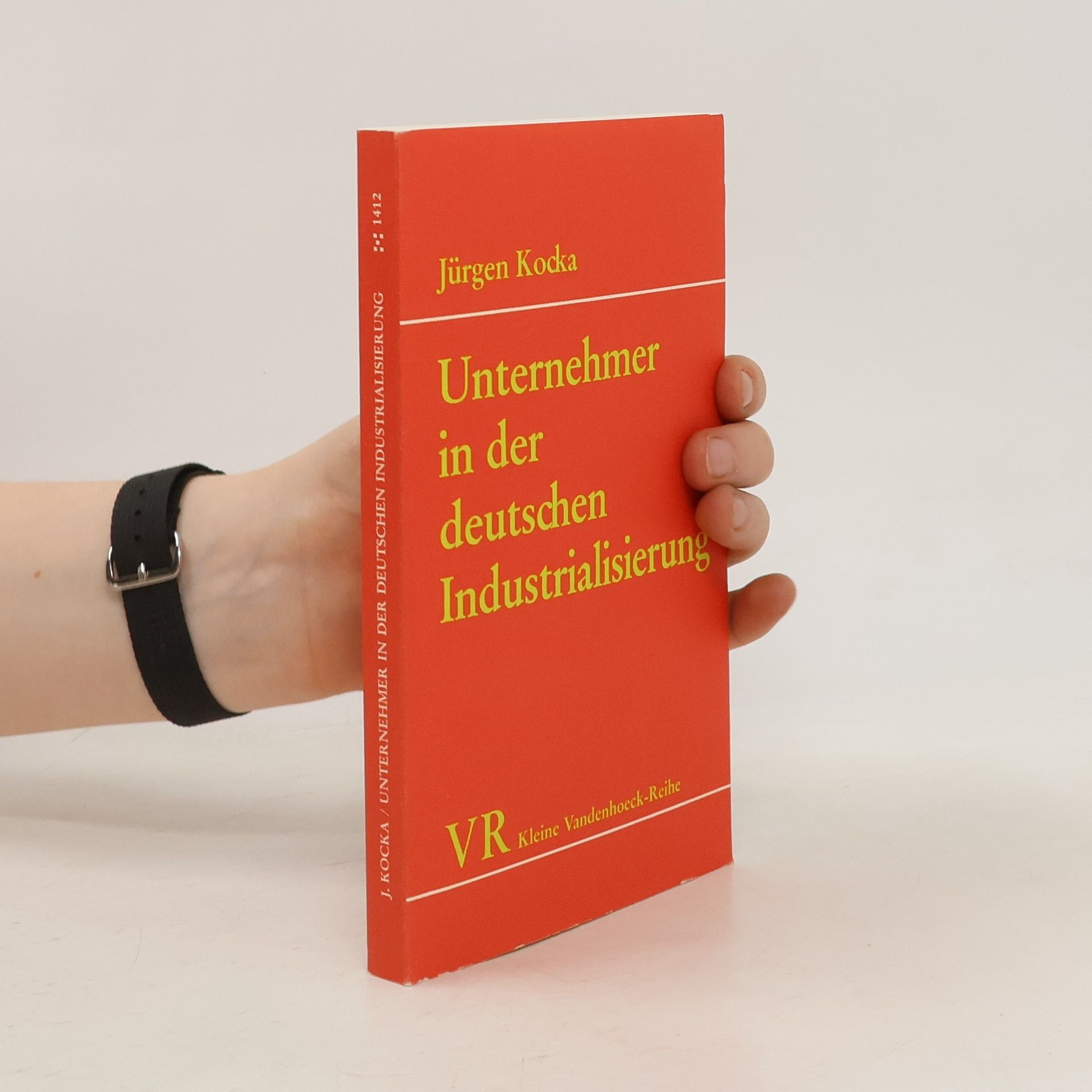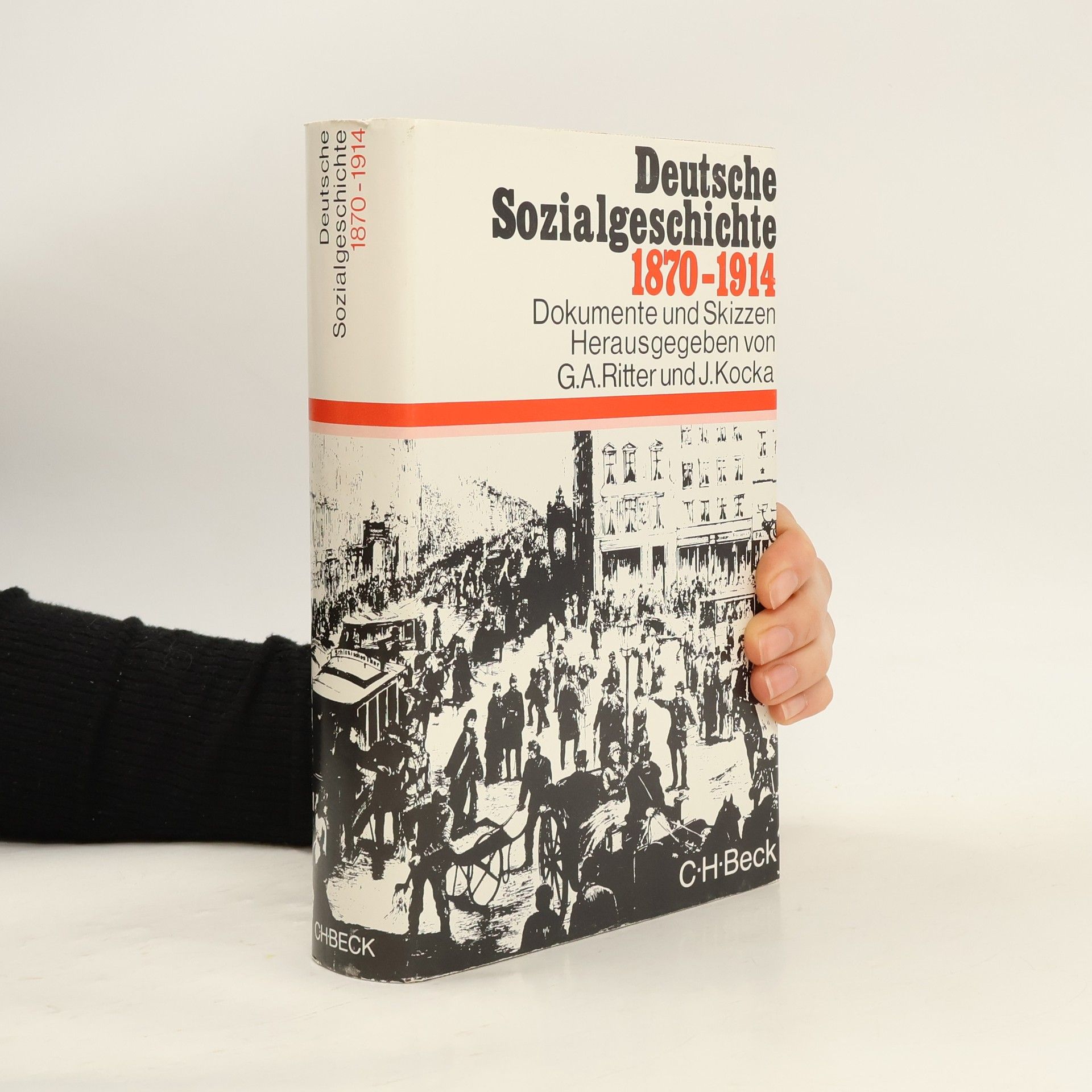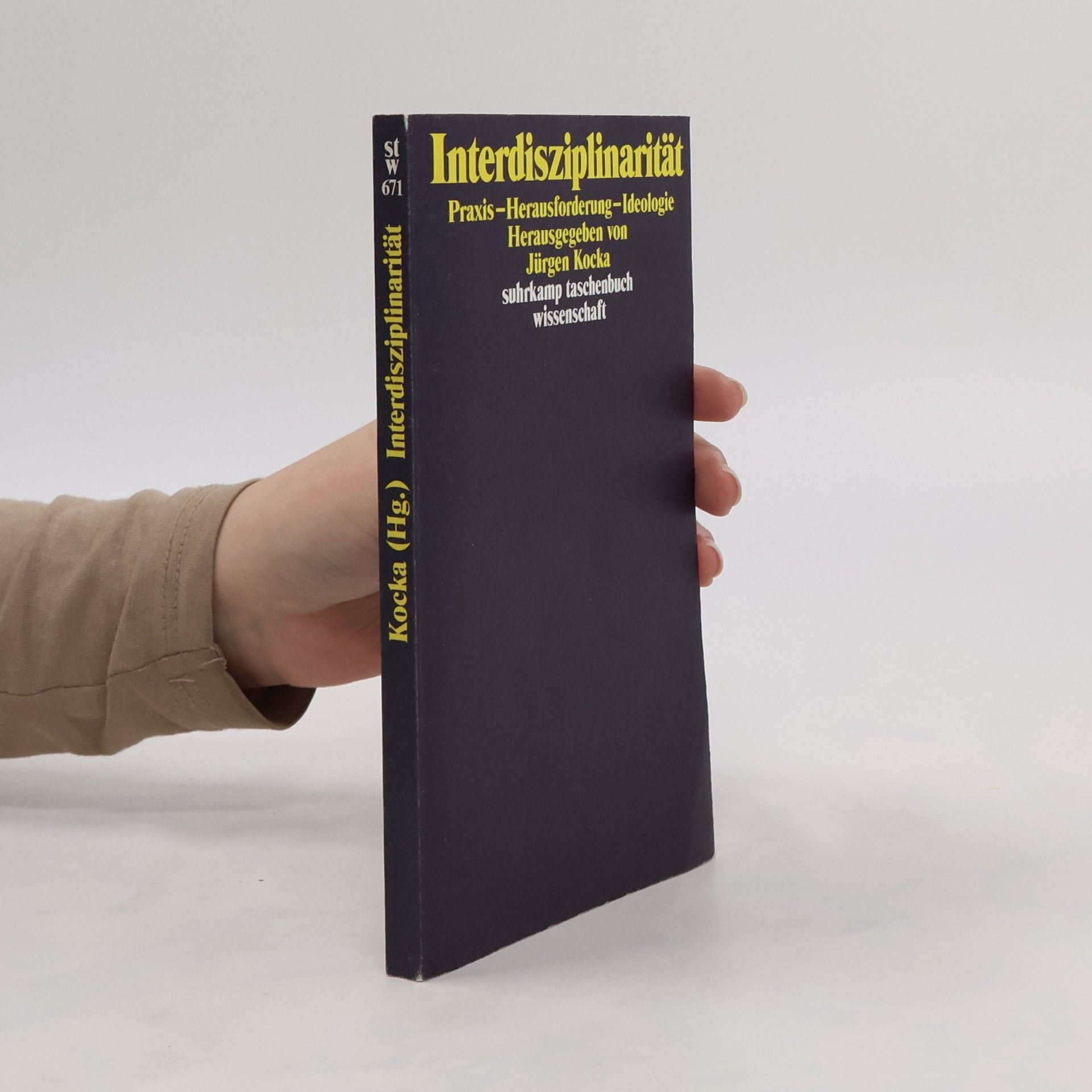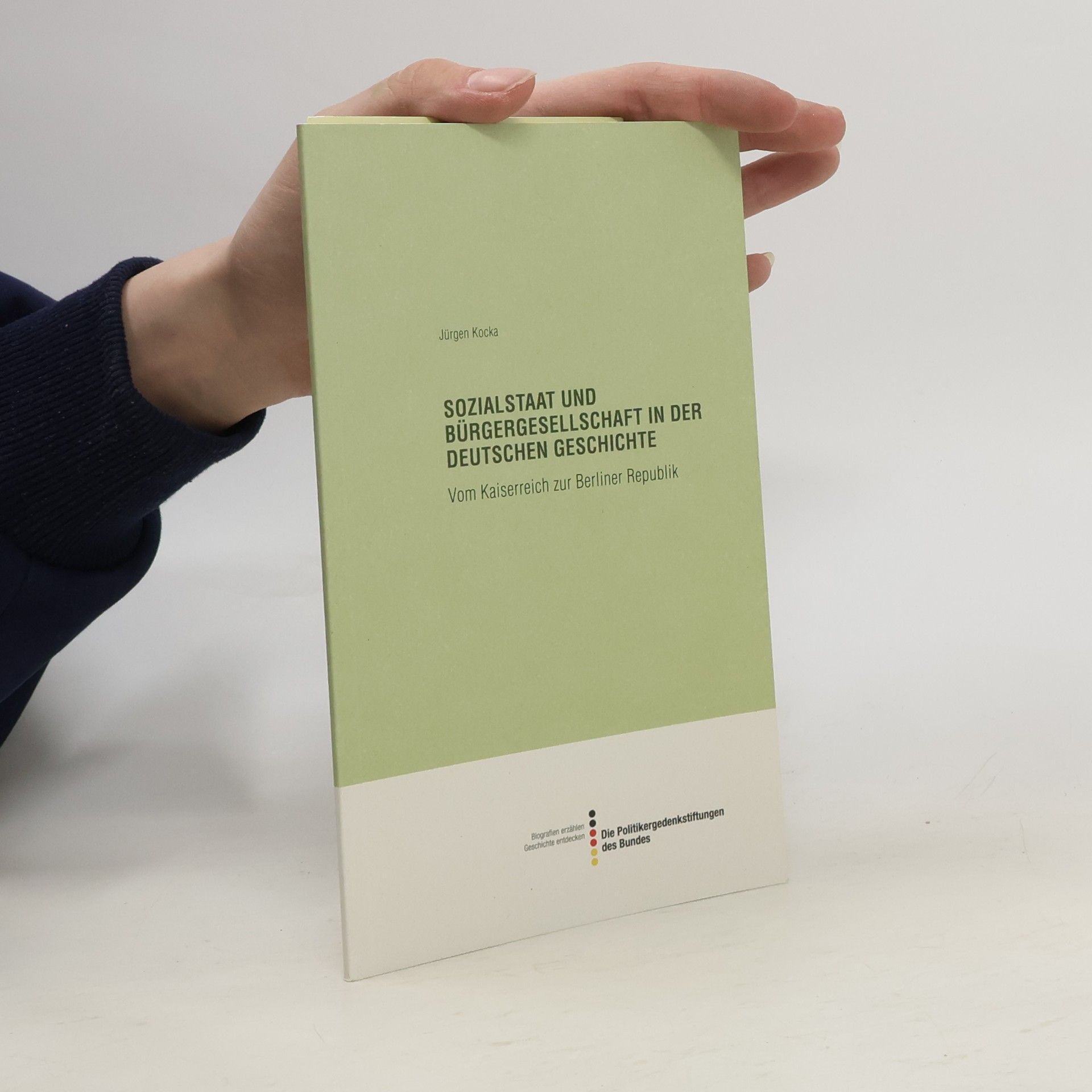Jürgen Kocka Livres






Kampf um die Moderne
Das lange 19. Jahrhundert in Deutschland
Das »lange 19. Jahrhundert« dauerte vom späten 18. Jahrhundert, also von der Französischen Revolution und dem Zeitalter Goethes, bis zum Ersten Weltkrieg 1917. Die USA traten in den Weltkrieg ein und stiegen zur Weltmacht auf, zusammen mit der Sowjetunion nach der Oktoberrevolution. Das »kurze 20. Jahrhundert« begann.Das »lange 19. Jahrhundert« erlebte die Geburt der klassischen Moderne. Geprägt von Industrialisierung, Kapitalismus, Nationalismus, Klassenkonflikten und tiefer Ungleichheit der Geschlechter, war es die bürgerlichste Epoche der deutschen Geschichte, deren Grundkonflikte bis heute nachwirken. Große Migrationen wühlten das 19. Jahrhundert ebenso auf wie die entstehende Zivilgesellschaft, die sich Freiheit und Demokratie erhoffte. Aber die 1848er Revolution scheiterte, der Nationalstaat entstand, die Konkurrenz der Mächte spitzte sich zu. Im Ersten Weltkrieg, der »Urkatastrophe des 20. Jahrhunderts«, gingen drei Kaiserreiche und das alte Europa unter. Das 19. Jahrhundert, dessen Glanz und Schatten bis ins 21. Jahrhundert hineinreichen, endete zwar abrupt, sein Bild aber wandelt sich von Grund auf, wie der fulminante historische Essay von Jürgen Kocka, einem der besten Kenner dieses Zeitalters, beeindruckend nachweist.
Geschichte des Kapitalismus
- 144pages
- 6 heures de lecture
In diesem schmalen Bändchen aus der "Beck'schen Reihe" liefert einer der bedeutendsten lebenden Sozialhistoriker nichts weniger als einen Exkurs durch den Handels-, Industrie- und Finanzkapitalismus vom Mittelalter bis in die Gegenwart. Nie las sich Geschichte klarer, spannender und einprägsamer als hier! Die Entwicklungen in Nah- und Fernost spielen eine Rolle, ebenso wie herausragende Gestalten wie Marx, Schumpeter und Smith; Agrarkapitalismus, Industrialisierung und Globalisierung werden einbezogen, und letztendlich kommen auch die Ansätze zur Kapitalismuskritik nicht zu kurz. Kocka hatte bereits in herausragender Weise "Das lange 19. Jahrhundert" (BA 7/02) analysiert, jetzt der grosse Zusammenhang. Wer es mehr auf die Gegenwart bezogen braucht, wird bei Ulrike Herrmann fündig ("Der Sieg des Kapitals", ID-B 43/13), die ihre Gegenwartsbeschreibung immer mit historischen Entwicklungen und Erfahrungen verknüpft. Die "Geschichte des Kapitalismus" dürfte auch für Nichtökonomen eine hochinteressante Lektüre sein. (2).
Geschichte und Zukunft der Arbeit
- 510pages
- 18 heures de lecture
Jürgren Kocka war von 1973 bis 1988 Professor für Allgemeine Geschichte mit besonderer Berücksichtigung der Sozialgeschichte an der Universität Bielefeld und von 1988 bis 2009 Professor für die Geschichte der industriellen Welt an der FU Berlin. Claus Offe lehrte Politikwissenschaft und Soziologie in Bielefeld, Bremen, an der Humboldt-Universität zu Berlin und an der Hertie School of Governance.
Die in diesem Band enthaltenen Beiträge gehen auf ein vom Bielefelder Zentrum für interdisziplinäre Forschung (ZiF) veranstaltetes Symposion zurück: »Ideologie und Praxis der Interdisziplinarität. Schelskys Konzept und was daraus wurde«. Das Symposion verfolgte drei Zwecke, an denen sich auch die in diesem Band enthaltenen Beiträge orientieren. Zum einen sollten die Bedeutung und die Varianten, die Chancen und Grenzen, der Sinn und der Unsinn von Interdisziplinarität diskutiert werden, aus der Perspektive von Wissenschaftlern aus verschiedenen Fächern, von Praktikern der Interdisziplinarität und ihren Kritikern. Zum anderen ging es darum, nach knapp 20 Jahren interdisziplinärer Arbeit im ZiF auf dessen Grundlage zu reflektieren, ursprünglichen Anspruch und tatsächliche Entwicklung zu konfrontieren und damit so etwas wie eine Bilanz vorzubereiten. Drittens sollte an die Leistung des 1984 verstorbenen Helmut Schelsky erinnert werden, auf dessen Gründungsinitiative das ZiF zurückgeht.

![Bürger und Bürgerlichkeit im 19. [neunzehnten] Jahrhundert](https://rezised-images.knhbt.cz/1920x1920/45779977.jpg)

